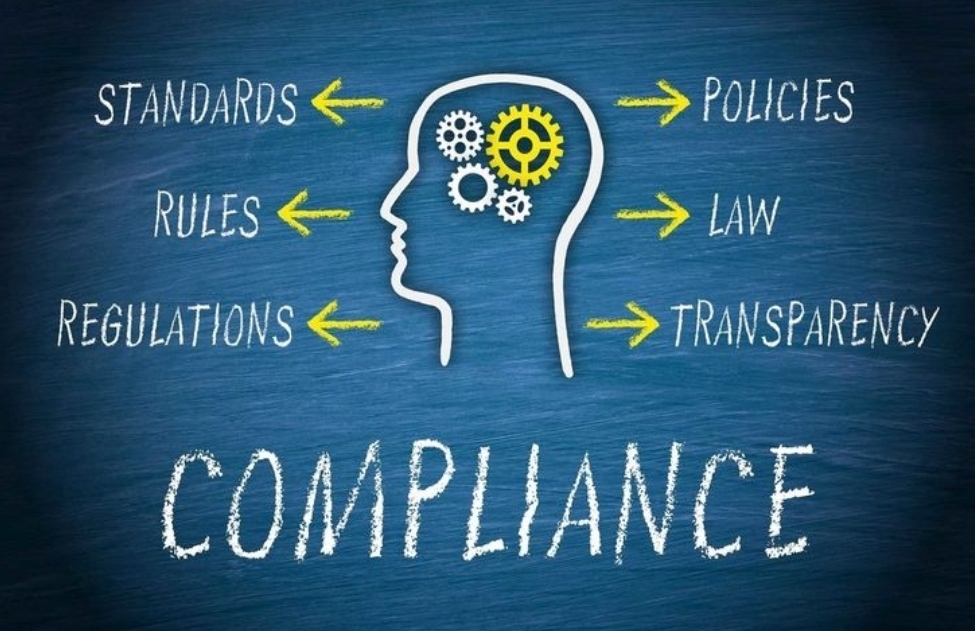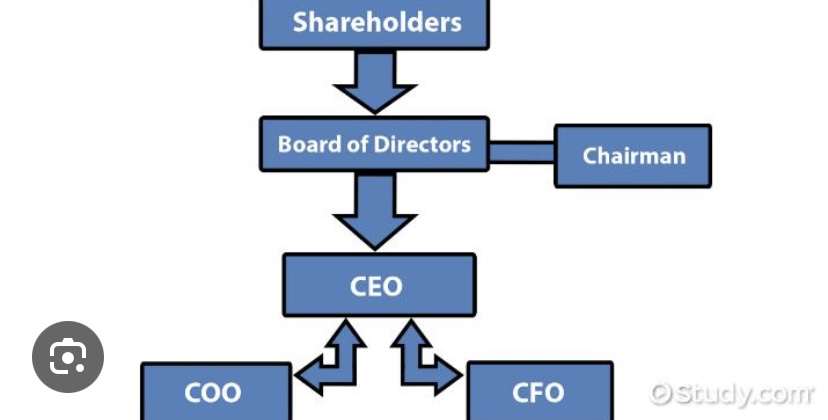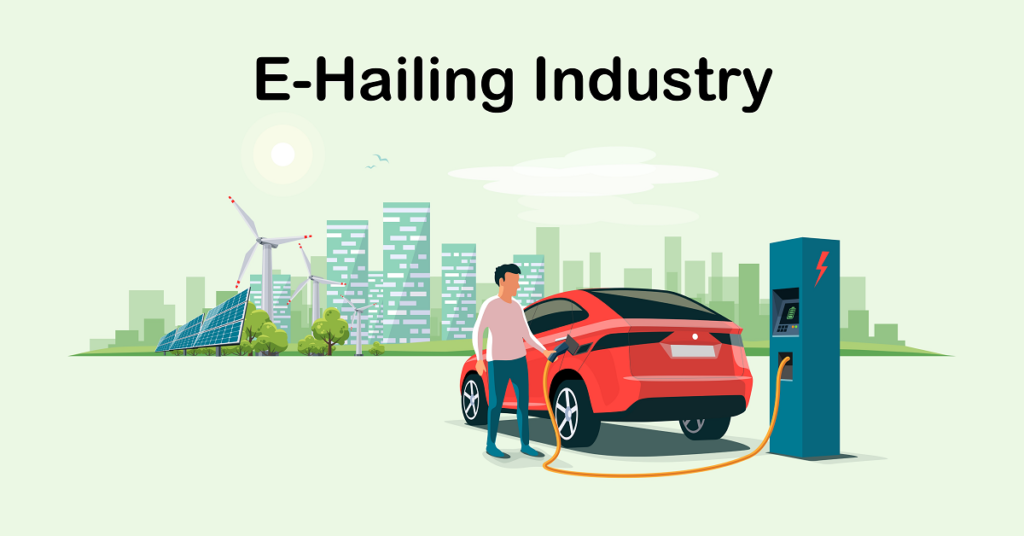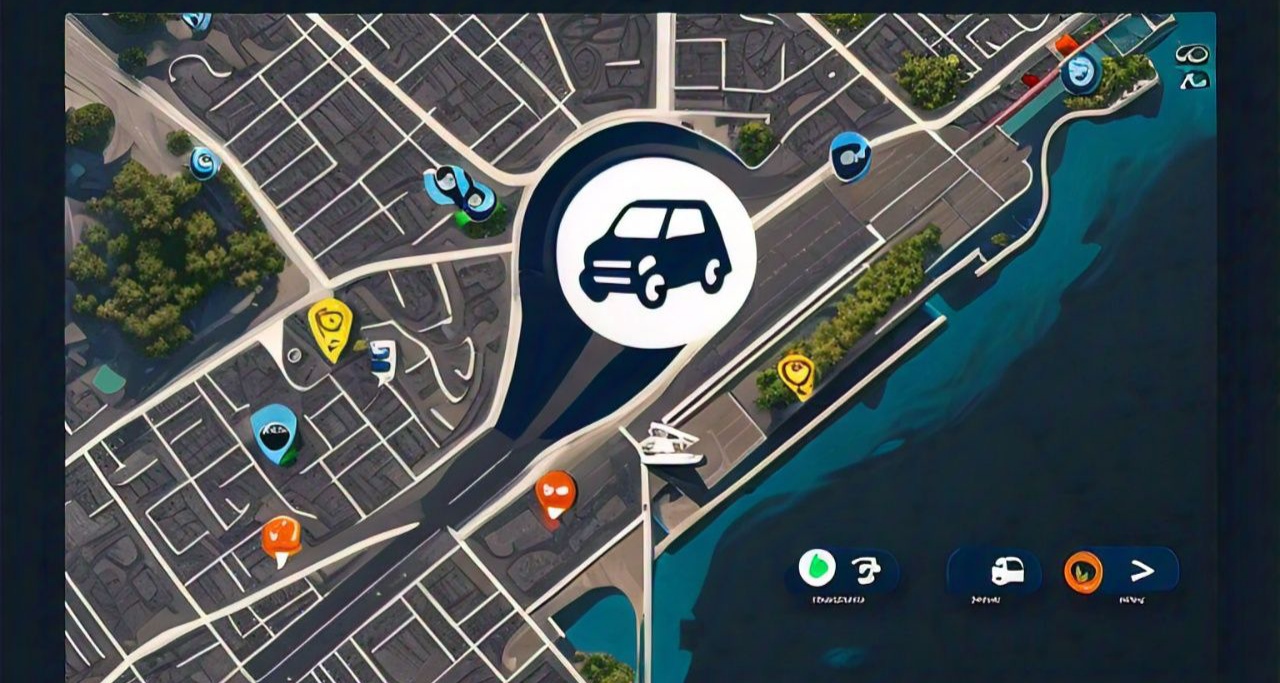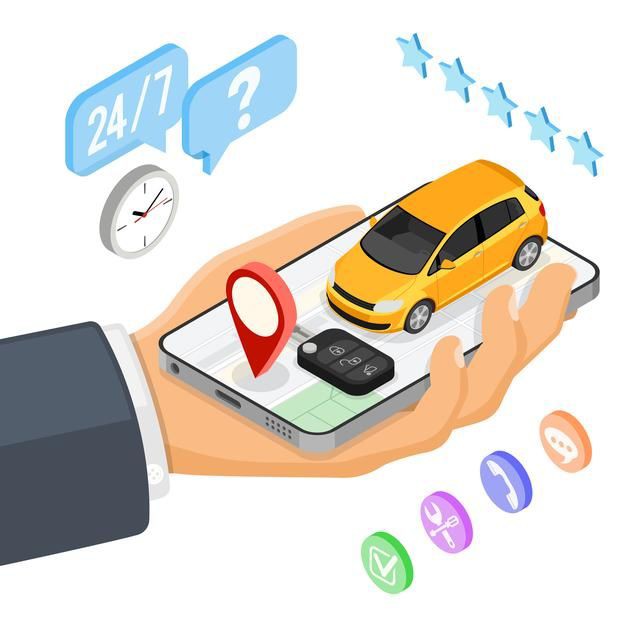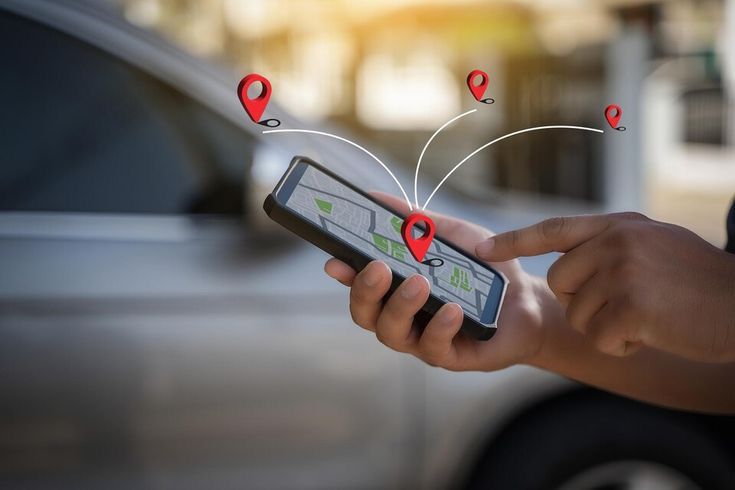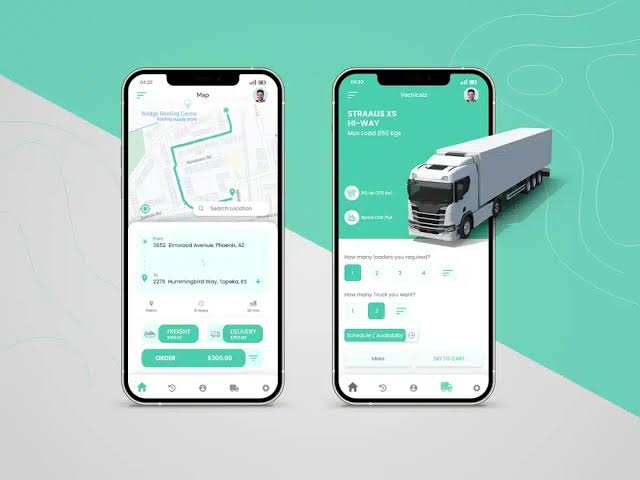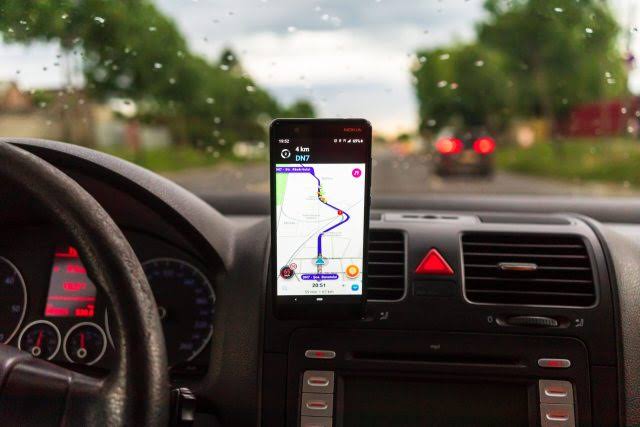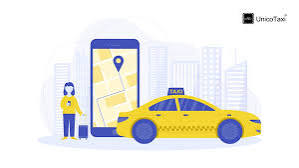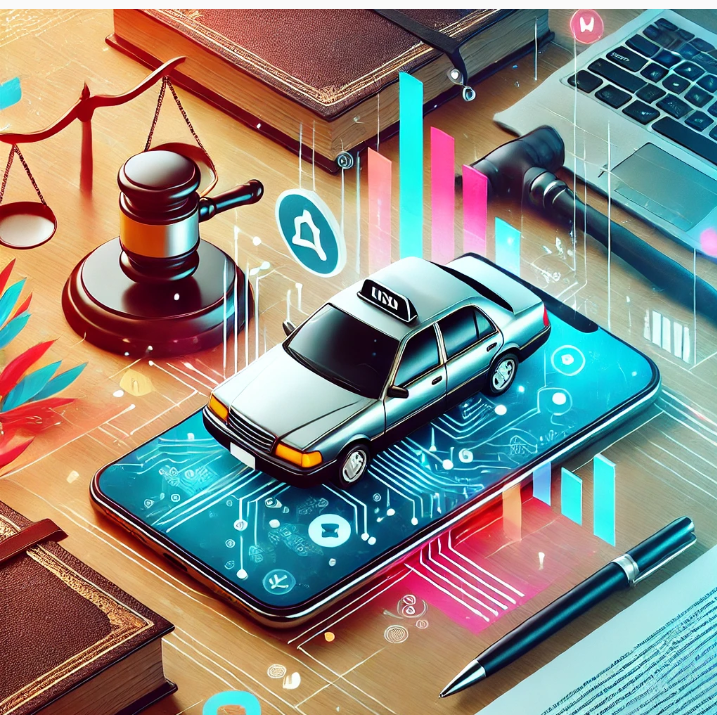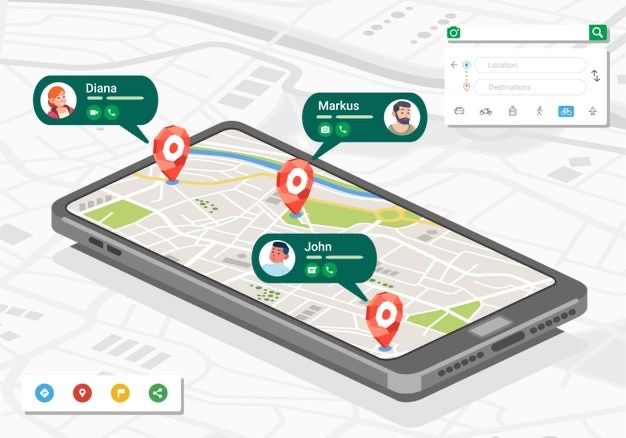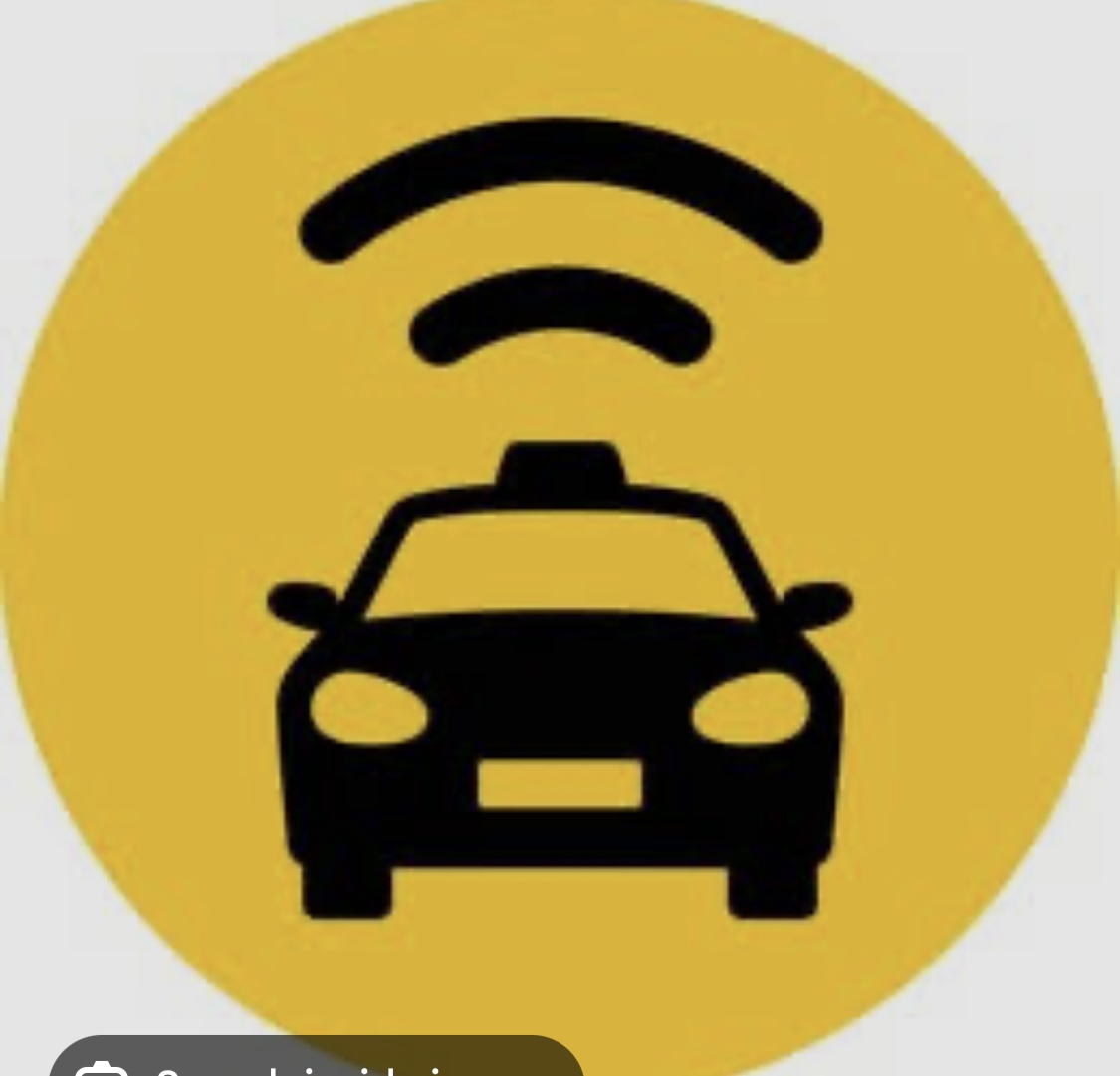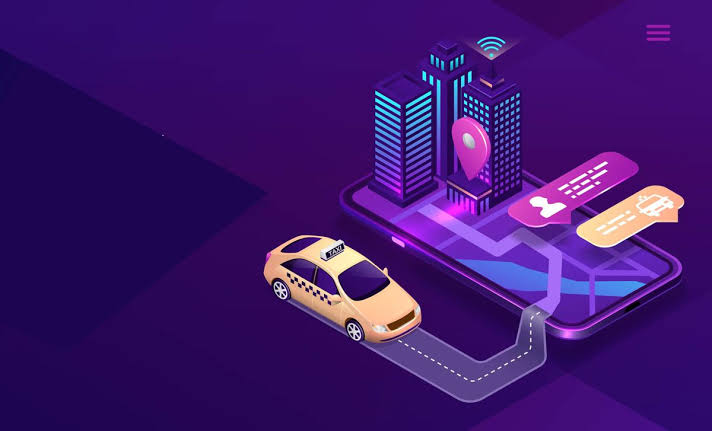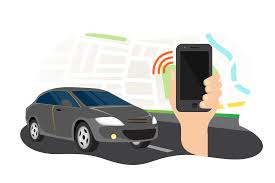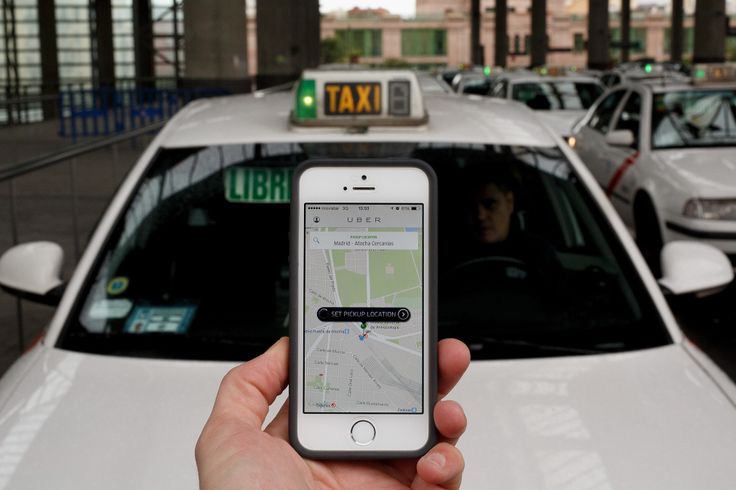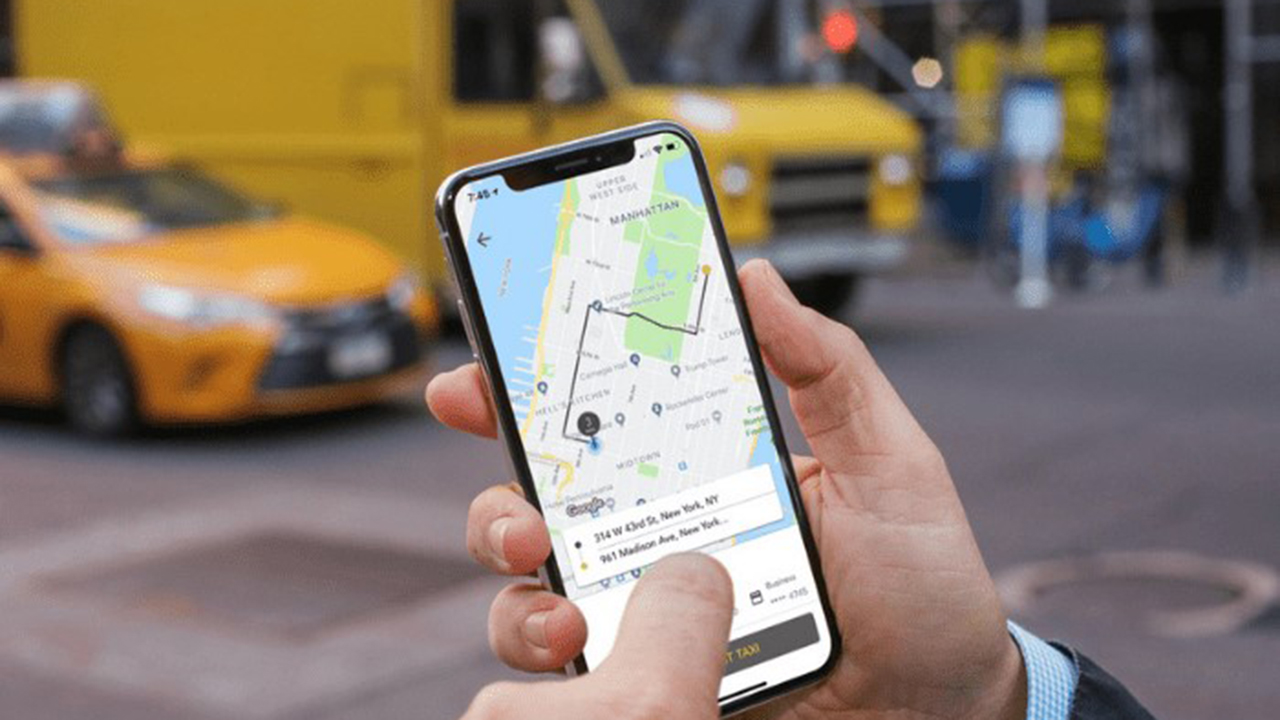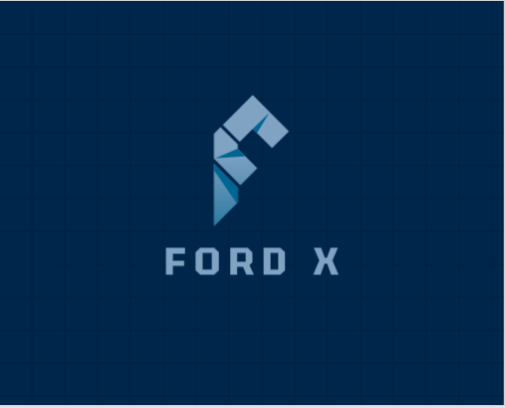
INTRODUCTION
In an era of technological advancements where provisions are now made for comfort and to make life easier and increase the quality of life, E-Hailing services remain one of the most sough after startups.
E-HAILING
E-hailing refers to the use of digital platforms or apps to request and manage transportation services, typically for ridesharing or taxi services. This model connects passengers with drivers through a mobile app or website, allowing for convenient, on-demand transportation.
Uber, Bolt, Rida are just few of the e-hailing companies that also operate in Nigeria. Being in the comfort of your home or your office and being able to order a transport means that takes to you where you want with limited stress and effort is what an e-hailing service provides.
When people think or consider e hailing, they imagine it to be limited to luxury vehicles only. Some e hailing operators offer rides in other means like tricycles, motorcycles etc.
ASPECTS OF E-HAILING
a) Digital Platform: E-hailing services operate through mobile applications or online platforms that facilitate the booking and management of rides. To order a ride, they simply go into the application or platform and input their current location and their proposed destination. Examples include Uber, Lyft, and Bolt. Some e-hailing services even give users the option to decide the price they are willing to pay and match them with a driver who is comfortable with their price range.
b) On-Demand Service: Passengers can request a ride in real-time, and drivers are notified of the request through the app. This eliminates the need for traditional taxi-hailing methods.
c) Payment Integration: Payments are often processed through the app, allowing for cashless transactions. Users can pay using credit/debit cards, digital wallets, or other online payment methods. In Nigeria, in 2023, there was an insufficient supply of cash in the country. Due to this, most platforms and services that did not already offer different payment methods started this. This was also helpful during the period of COVID 19 when people were wary of receiving cash from others.
d) Driver and Vehicle Selection: The app provides information about available drivers and vehicles, including ratings and reviews from previous passengers, which helps users make informed choices. Before selecting a ride, the information of the driver which includes their name, picture and phone number are displayed. Thie information of the car the driver uses alongside its plate number is also displayed. Users have the option of cancelling rides that they do not feel comfortable with based on the information already provided.
e) GPS Tracking: E-hailing apps use GPS technology to track the location of both the passenger and the driver, providing real-time updates and enhancing safety and convenience. In the Bolt Platform, there is a provision where users can share their location ang grant permission to the recipients to track them to ensure their safety.
THINGS TO CONSIDER FOR AN E-HAILING STARTUP
1. Organizational Structures
2. Intellectual Property
3. Licenses and Permits
4. Regulatory Requirements and Regulators
5. Challenges involved in an e-hailing startup.
BEST BUSINESS STRUCTURES FOR AN E-HAILING STARTUP
For an e-hailing startup, the best business structure generally depends on various factors such as the startup’s goals, scale, and location.
After conducting numerous areas of research, there are two (2) business structures most beneficial for this kind of startup. They include:
COMPANY LIMITED BY SHARES
A company limited by shares is a type of business structure where the liability of the shareholders (owners) is limited to the amount they have invested in the company in the form of shares. This means that if the company incurs debt or is sued, shareholders are only liable for the amount unpaid on their shares and not their personal assets.
Types of Companies Limited by Shares:
1. Private Company Limited by Shares (Ltd)
This is a private company where shares cannot be sold to the public. Ownership is often restricted to a small group of people (e.g., family, friends, or private investors). It must adhere to specific regulatory requirements but is typically subject to fewer regulations than public companies.
2. Public Company Limited by Shares (PLC)
A public company whose shares are traded on a public stock exchange and can be purchased by the public. It must meet stricter regulatory requirements, including regular financial reporting and disclosure, to protect public investors.
Features of a Company Limited by Shares
1. Limited Liability Protection: Shareholders are only liable up to the amount they invested in shares, protecting personal assets from business debts and legal claims.
2. Separate Legal Entity: The company is a separate legal entity from its shareholders, meaning it can enter contracts, own property, and take legal action in its own name.
3. Perpetual Existence: The company continues to exist even if shareholders leave or sell their shares. Ownership can be easily transferred, ensuring continuity.
4. Attracting Investment through Share Issuance: This structure allows for the issuance of shares to raise capital. Investors are often more willing to invest in a company with limited liability, and shares can be offered to venture capitalists, angel investors, and other funding sources.
5. Equity Financing: It facilitates raising funds through equity financing, which can be essential for scaling operations, developing technology, and expanding into new markets.
6. Employee Incentives: The structure allows for the issuance of shares or stock options as part of employee compensation, which can help attract and retain talented individuals.
LIMITED LIABILITY COMPANY
A Limited Liability Company (LLC) is a popular business structure that combines the features of a corporation with those of a partnership or sole proprietorship. It provides limited liability protection to its owners (members) while allowing for flexible management and tax treatment.
FEAUTURES OF A LIMITED LIABILITY COMPANY
a) Ownership and Management: LLCs can be owned by one or more individuals or entities. Members can participate in the management of the company or appoint managers to handle operations.
b) Legal Structure: The LLC operates as a separate legal entity from its owners, meaning it can enter contracts, own property, and be sued in its own name.
c) Limited Liability: Members are generally not personally liable for the LLC’s debts and obligations. Their liability is limited to their investment in the company, protecting personal assets from business liabilities.
d) Flexibility in Management: LLCs offer flexibility in management and organization. Members can choose to manage the company themselves or appoint managers to handle day-to-day operations.
INTELLECTUAL PROPERTY INVOLVED IN AN E-HAILING STARTUP
In an e-hailing business, several types of intellectual property (IP) are involved, each playing a distinct role in protecting the company’s innovations, brand, and operational processes. Here are the key types of IP relevant to an e-hailing business.
• Trademark e. g Brand Name, Logo, and Symbols
• Copyright e.g., Software Code and Marketing Materials
• Trade Secrets e.g., Proprietary Algorithms and Customer Data
• Patent Technological Innovations System Processes
• Industrial Design e.g., User Interface Design and Product Design
WAYS OF PROTECTING THE INTELLLECTUAL PROPERTY
1. File for Patents: This involves filing a detailed patent application with the relevant patent office (e.g., the Nigerian Patent and Design Office).
2. Use non-disclosure agreements (NDAs) with employees, contractors, and business partners to protect sensitive information and prevent unauthorized disclosure.
3. Internal Policies: Develop and enforce internal IP policies to ensure employees and contractors understand and comply with IP protection measures.
4. Training: Provide training to staff on the importance of IP and how to handle confidential information securely.
5. IP Audits: Conduct periodic IP audits to assess the effectiveness of your protection measures and identify any areas needing improvement.
6. Regular Monitoring and Enforcement: Market Surveillance: Regularly monitor the market for potential IP infringements and take appropriate legal action if necessary.
7. Legal Counsel: Engage with legal professionals specializing in IP law to assist with monitoring, enforcement, and addressing any IP-related issues.
LICENSES AND PERMITS REQUIRED FOR AN E-HAILING STARTUP
For an e-hailing business in Nigeria, various licenses and permits are required to ensure legal operation and compliance with local and national regulations.
1. Corporate Affairs Commission (CAC) Registration: Register the business as a company with the CAC. This involves choosing a business name, preparing required documents, and obtaining a Certificate of Incorporation.
2. E-Hailing Service License: In many states, particularly Lagos, you must obtain an e-hailing service license or permit from the relevant state authority. For example, Lagos State requires compliance with the Lagos State Transport Sector Reform Law (TSRL) and may issue specific licenses for e-hailing operators.
3. Valid Driver’s License: Ensure that all drivers have valid driver’s licenses. They may also need to meet additional requirements or obtain specific certifications based on local regulations.
4. Vehicle Inspection: Regular vehicle inspections are required to ensure compliance with safety and emission standards.
CHALLENGES OF STARTING AN E-HAILING STARTUP
1. Security Concerns: Safety of Drivers and Passengers, Issues related to personal safety and security for drivers and passengers, including potential incidents of crime or theft.
2. Economic Instability: Fluctuations in the economic environment, including inflation and currency instability, can impact operating costs and profitability.
3. Legal Risks: Risk of legal disputes related to service quality, contractual obligations, or employment issues.
4. Cost of Operations: High operational costs, including fuel, vehicle maintenance, and insurance, can affect financial sustainability.
5. Road Conditions: Poor Road conditions can impact the safety and reliability of the service.
6. Data Privacy: Protecting user data and complying with data protection regulations like the Nigeria Data Protection Regulation (NDPR) is essential.
7. The Competitive landscape











